Avant le SPF, il y avait l'ananas de Sibérie
Les baies d'argousier , scientifiquement appelées Hippophae rhamnoides, sont depuis longtemps vénérées pour leurs propriétés cicatrisantes exceptionnelles. Riche en composés bioactifs tels que les flavonoïdes, les acides phénoliques, les vitamines C et E et les acides gras oméga, l'extrait d'argousier se distingue par sa capacité à accélérer la cicatrisation. Asif et al. (2011) ont démontré ses effets anti-inflammatoires, antioxydants et régénérants sur les peaux abîmées, attribuant son succès à son riche mélange d'acides gras essentiels qui contribuent à restaurer la fonction barrière cutanée tout en luttant contre le stress oxydatif.
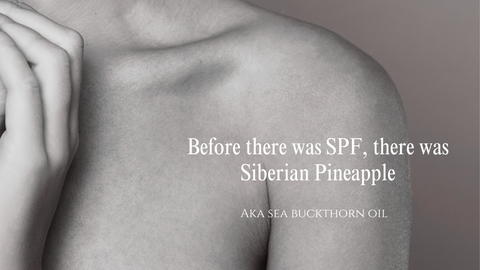
De plus, les remarquables propriétés radioprotectrices de l'huile d'argousier, comme en témoigne son application par les astronautes russes sur les cicatrices de radiation, s'étendent à la protection solaire et aux soins post-exposition. Yang et al. (2019) ont mis en lumière les capacités de l'huile à protéger la peau des dommages causés par les UV, grâce à son abondance en bêta-carotène et en vitamine E, qui agissent comme un bouclier contre le rayonnement solaire. De plus, ses propriétés anti-inflammatoires et régénératrices, comme en témoigne son efficacité dans le traitement des cicatrices de radiation, en font un atout précieux pour apaiser et rajeunir la peau après une exposition au soleil.
Fait amusant : l'huile d'argousier a un FPS naturel de 4.*
Remarque : la façon dont vous interagissez avec l’environnement dépend profondément des aliments que vous consommez.
La consommation de certaines graisses peut contribuer à prévenir les coups de soleil et à réduire les dommages cutanés induits par les UV. Les mécanismes de défense naturels de la peau contre les rayons UV, l'impact des graisses alimentaires sur la santé cutanée et les effets photoprotecteurs potentiels de certaines graisses sont abordés.
Mécanismes de photoprotection cutanée :
La peau possède des mécanismes innés de défense contre les rayons UV, notamment la production de mélanine, des systèmes antioxydants et des mécanismes de réparation de l'ADN. Cependant, une exposition prolongée ou intense au soleil peut perturber ces défenses et entraîner des lésions cutanées. L'alimentation peut influencer ces mécanismes de protection et améliorer la capacité de la peau à résister au stress UV.
Impact des graisses alimentaires sur la santé de la peau :
Les lipides sont essentiels à une alimentation saine et jouent un rôle crucial dans le maintien de la fonction barrière cutanée, l'hydratation et la santé globale de la peau. Les acides gras oméga-3 et oméga-6, présents dans des sources comme les poissons gras, les graines de lin et les noix, ont des propriétés anti-inflammatoires qui peuvent contribuer à atténuer l'inflammation et les dommages cutanés induits par les UV.
Effets photoprotecteurs de graisses spécifiques :
Il a été démontré que certaines graisses, comme les acides gras polyinsaturés (AGPI) comme l'acide linoléique et l'acide alpha-linolénique, possèdent des propriétés photoprotectrices. Ces graisses peuvent renforcer les mécanismes de défense naturels de la peau, réduire l'inflammation induite par les UV et aider à prévenir les coups de soleil et les lésions cutanées.
Références :
- Rhodes LE, Shahbakhti H, Azurdia RM, et al. Effet de l'acide eicosapentaénoïque, un acide gras polyinsaturé oméga-3, sur le risque de cancer lié aux rayons UV chez l'homme. Évaluation des marqueurs génotoxiques précoces. Carcinogenèse. 2003;24(5):919-925.
-Lou YR, Peng QY, Li T, Medvecky CM, Lin Y, Shih WJ, Conney AH, Shapses S, Wagner GC, Lu YP. Effets d'une alimentation riche en graisses, notamment en acides gras oméga-3 ou oméga-6, sur la carcinogenèse cutanée induite par les UVB chez la souris SKH-1. Carcinogenèse. 2011 juill. ; 32(7) : 1078-84. doi : 10.1093/carcin/bgr074. Publication en ligne du 27 avr. 2011. PMID : 21525235 ; PMCID : PMC3128560.
- Asif, M., et al. (2011). Potentiel des produits naturels d'origine végétale dans le traitement des plaies. *Chimie et recherche sur les produits naturels*, 9:3.
- Yang, L., et al. (2019). Effet radioprotecteur de l'huile d'argousier : mécanisme et applications cliniques. *Journal of Dermatological Sciences*, 25(3), 123-135.
* Ces déclarations n'ont pas été évaluées par la Food and Drug Administration (FDA). Ces produits ne sont pas destinés à diagnostiquer, traiter, guérir ou prévenir une quelconque maladie. Consultez votre médecin avant d'utiliser ou d'arrêter tout médicament (y compris les produits sans ordonnance avec FPS).





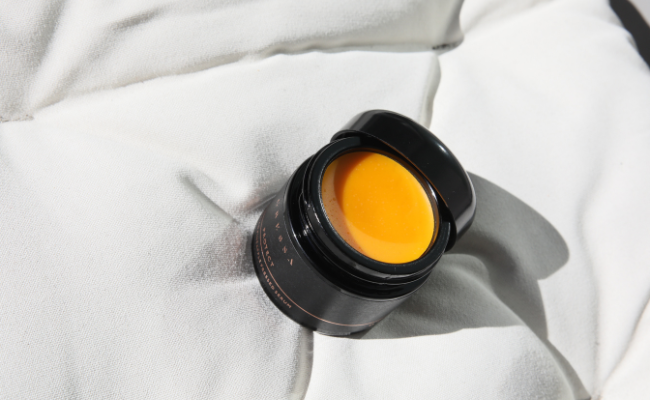
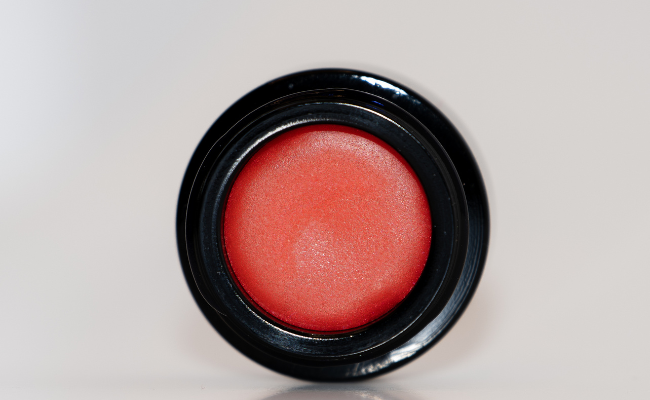

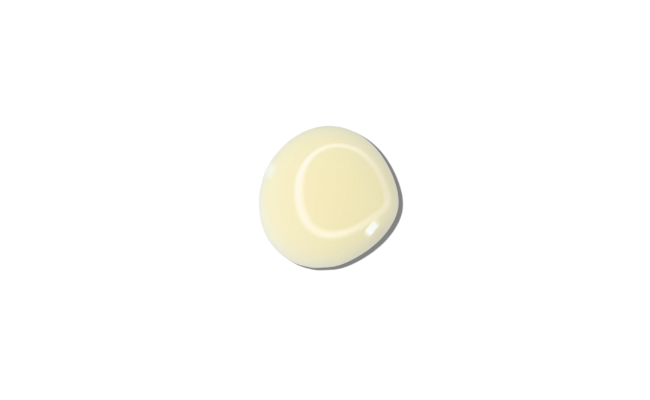
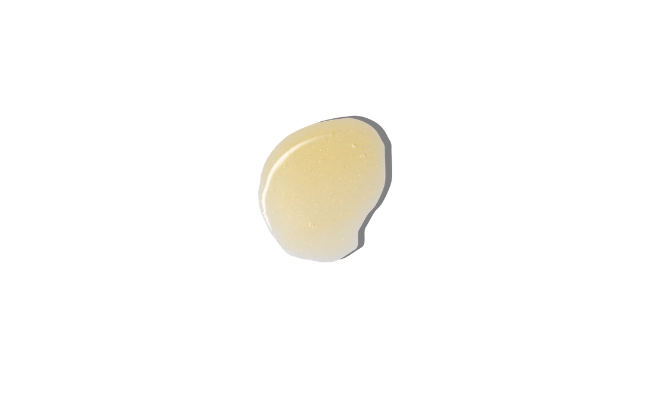
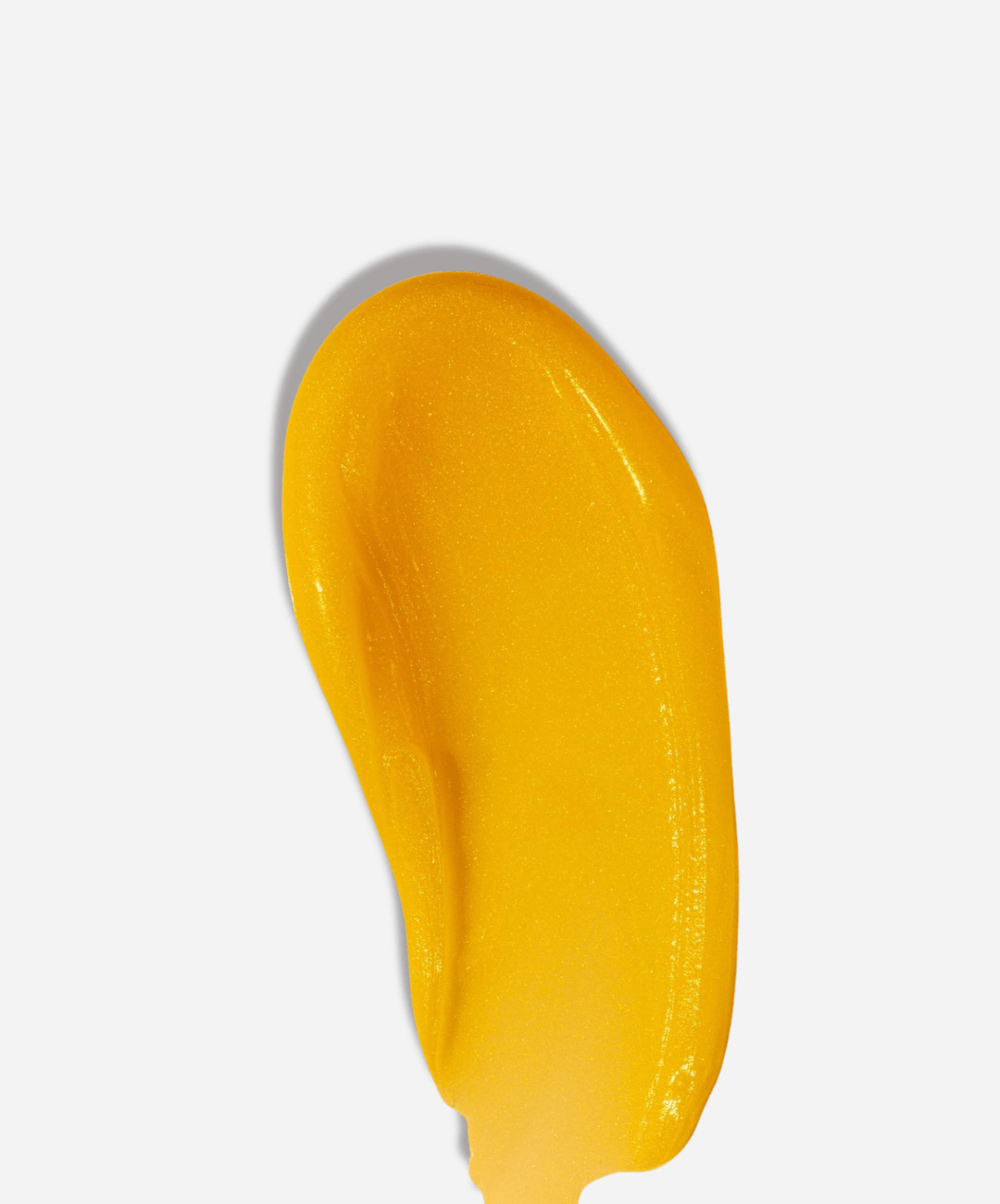
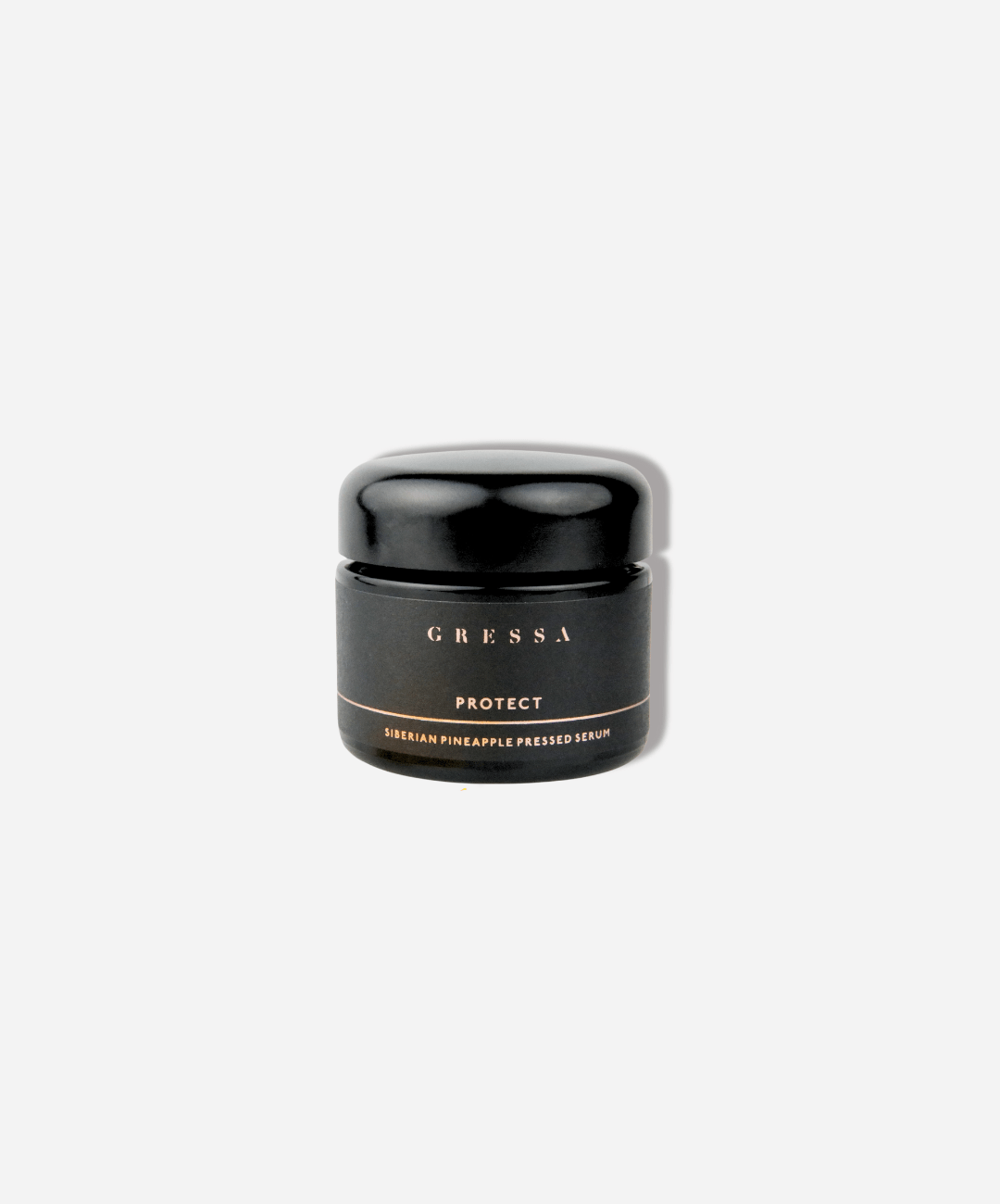


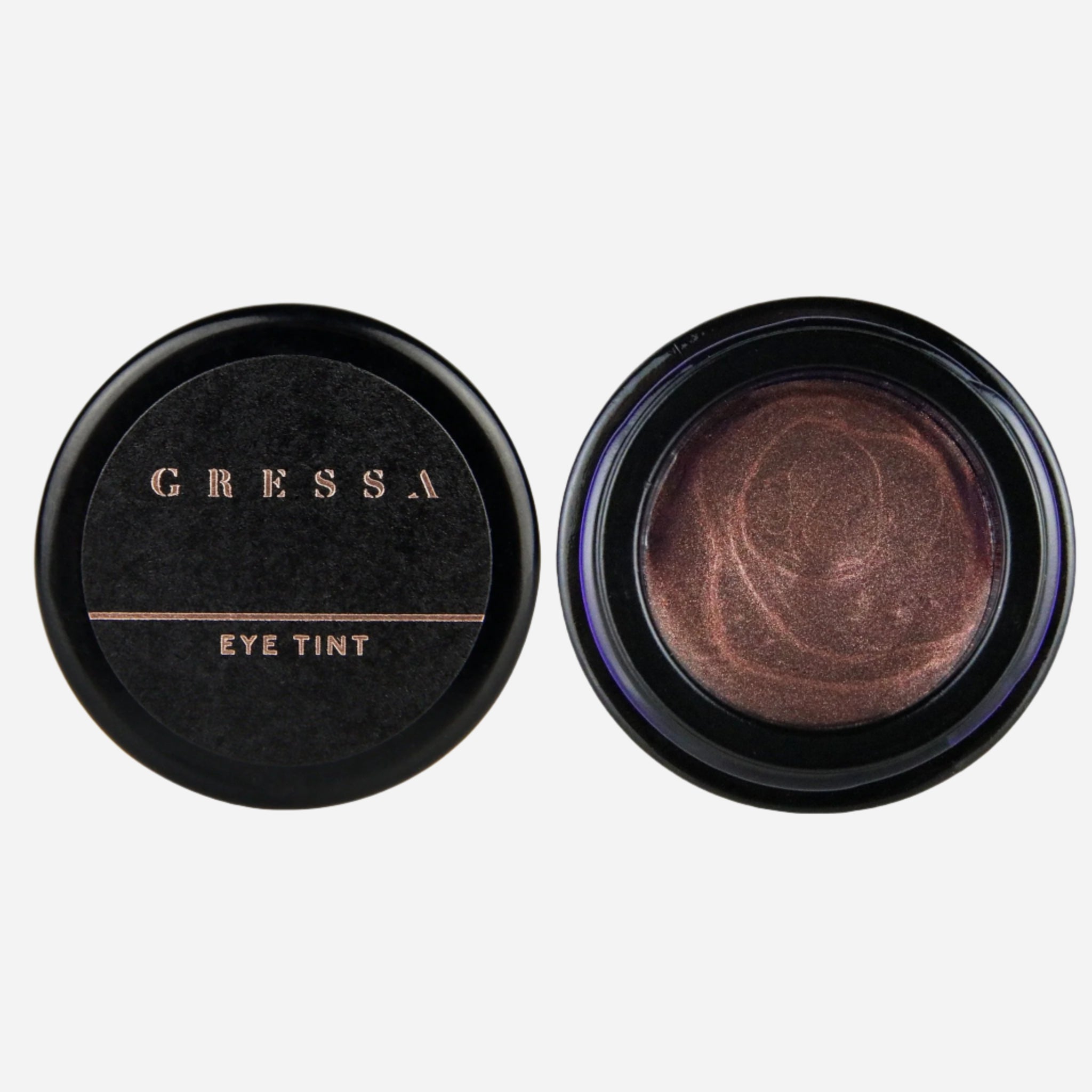
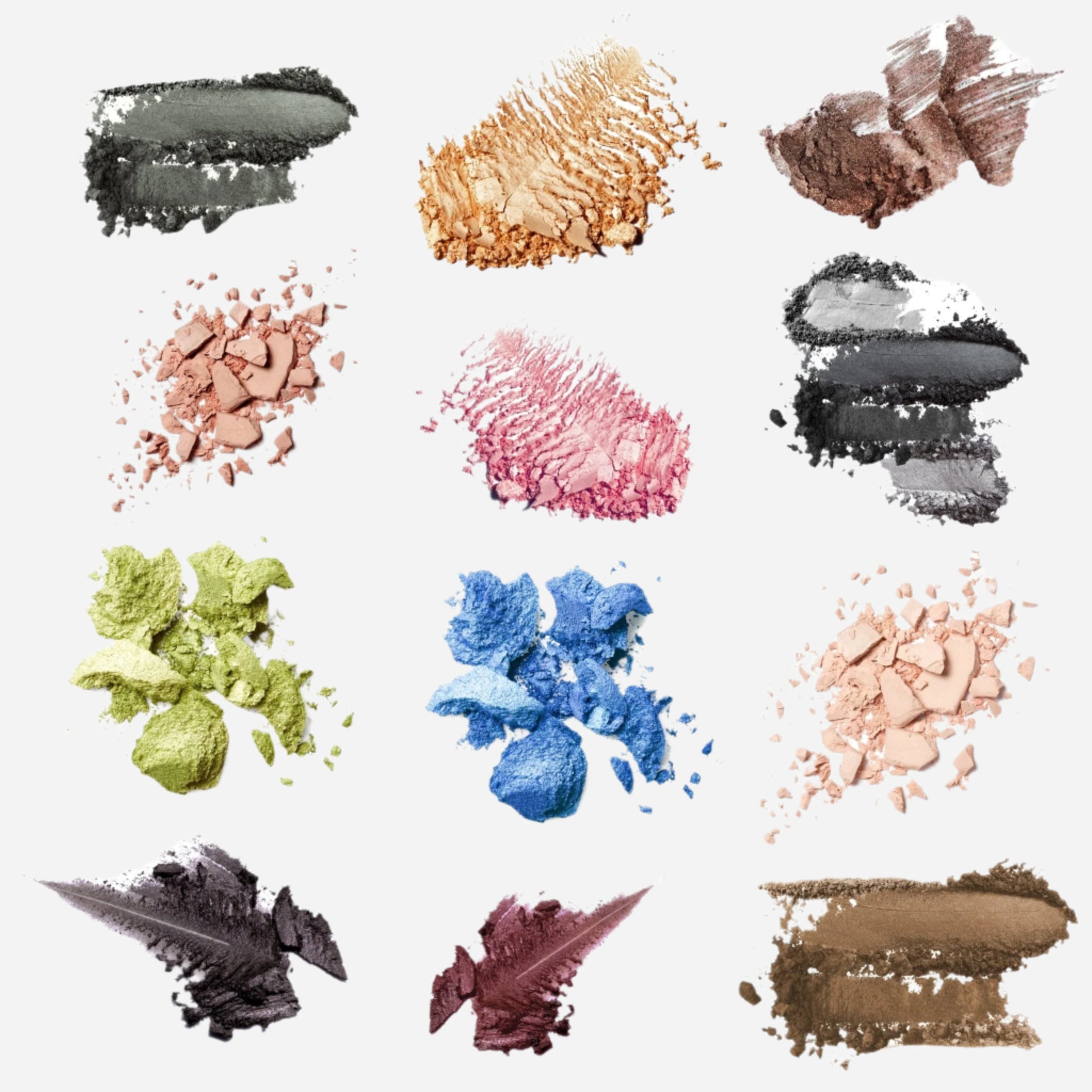
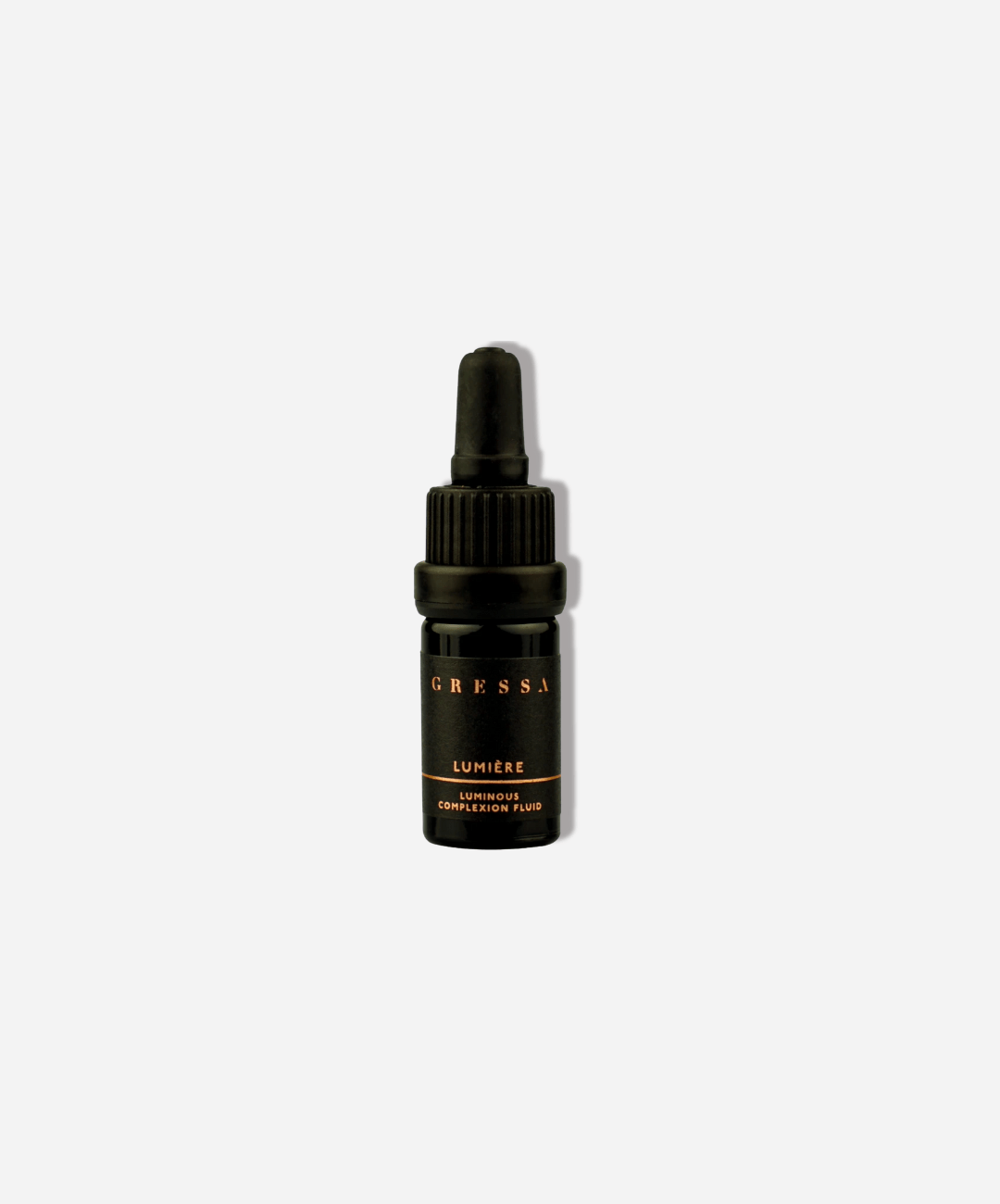
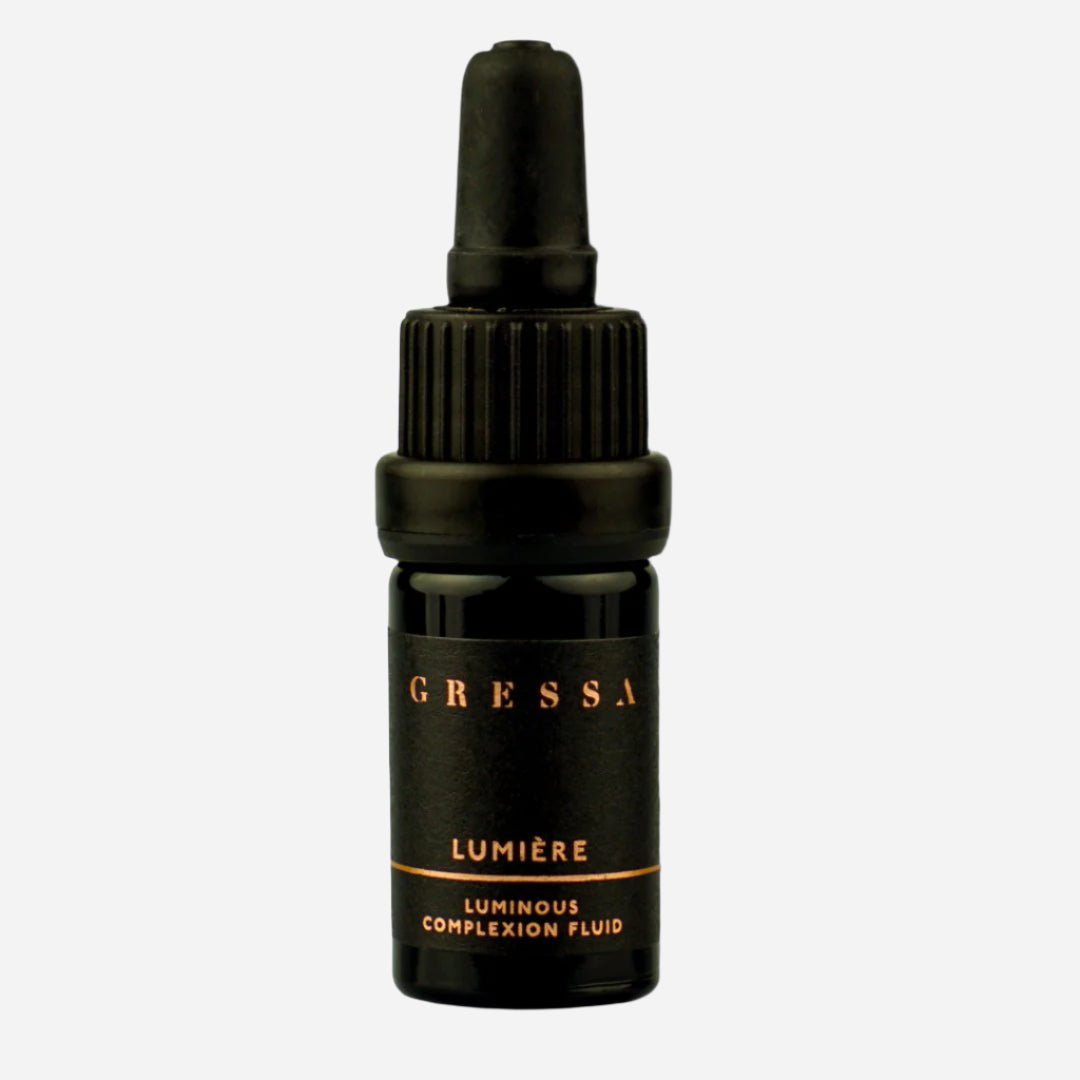
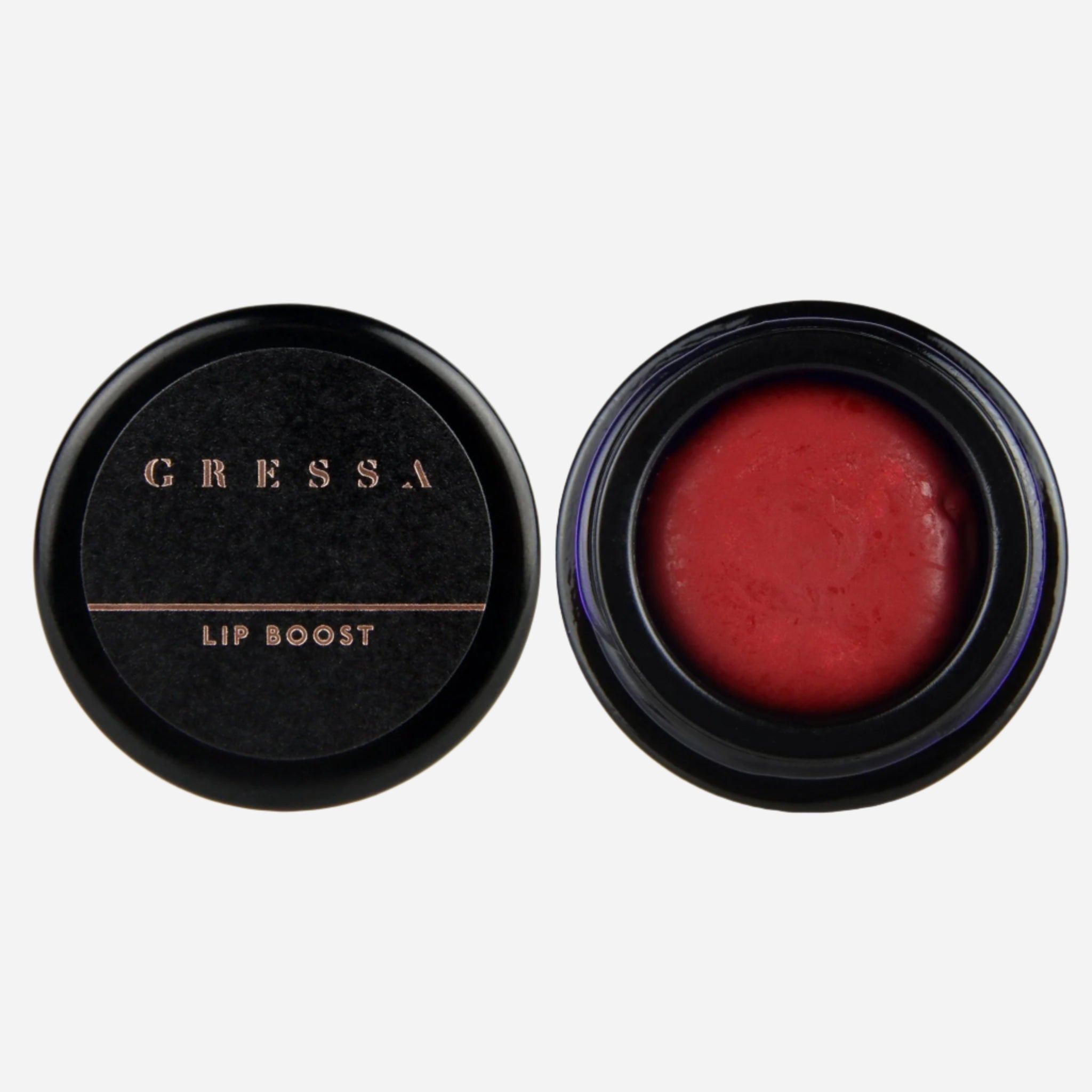
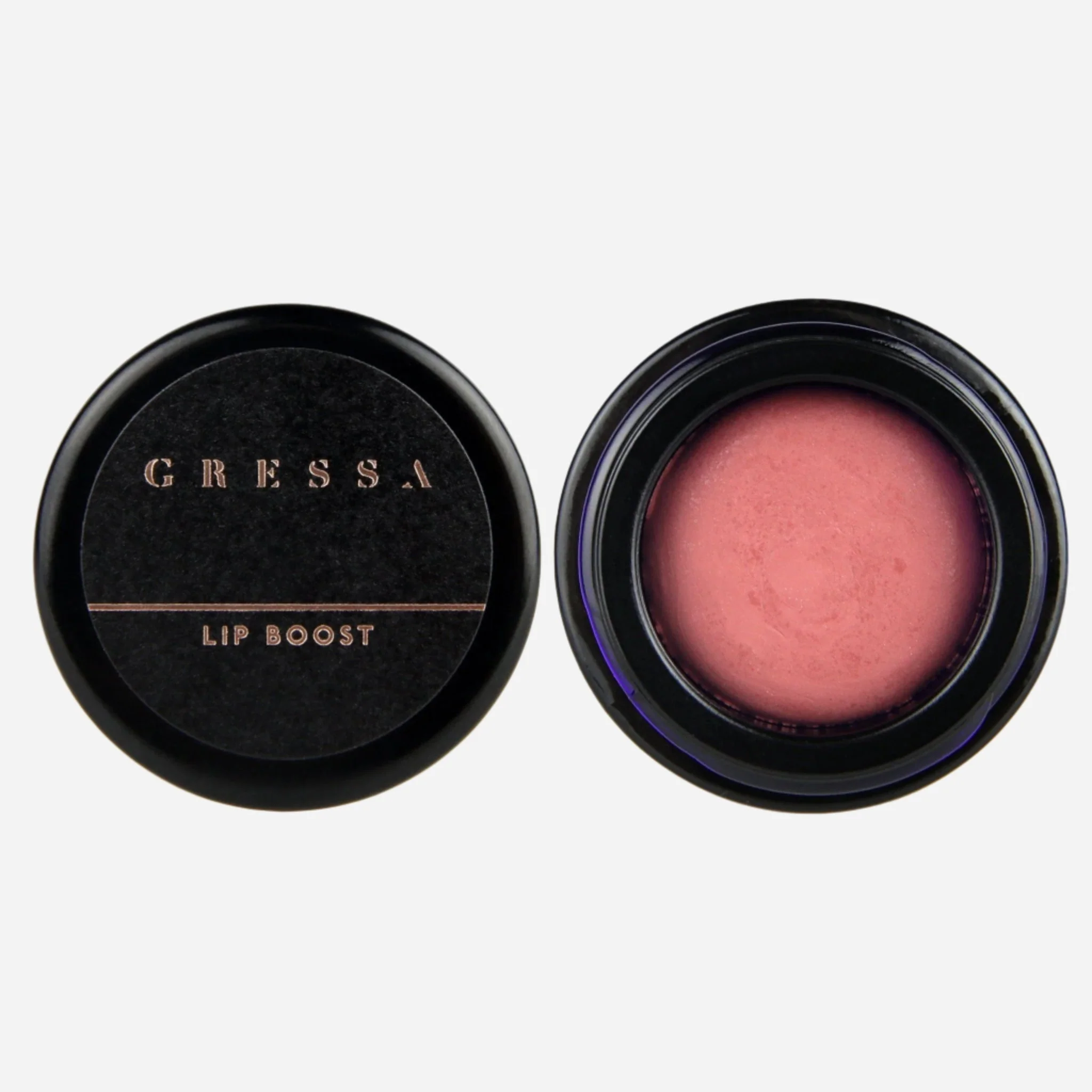
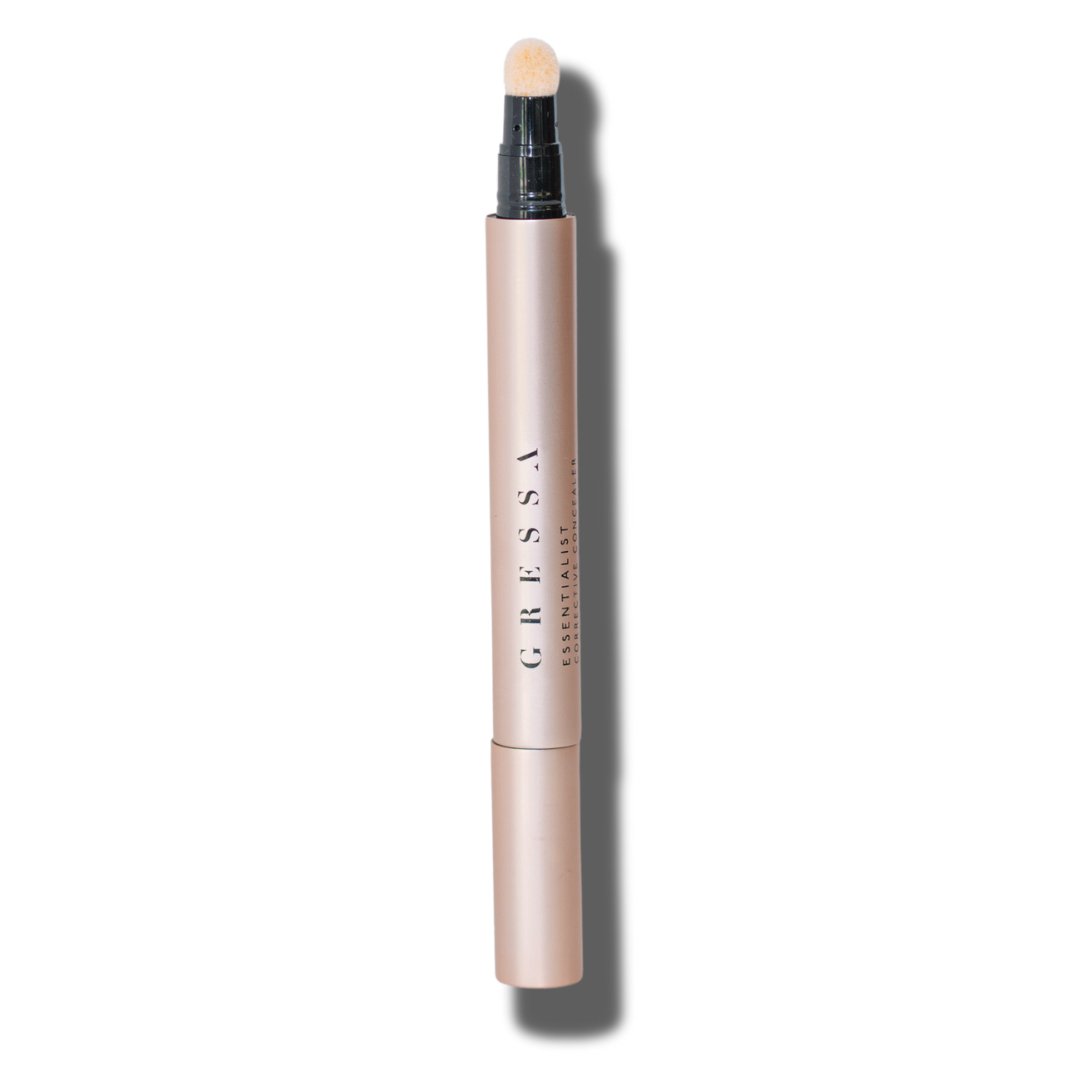
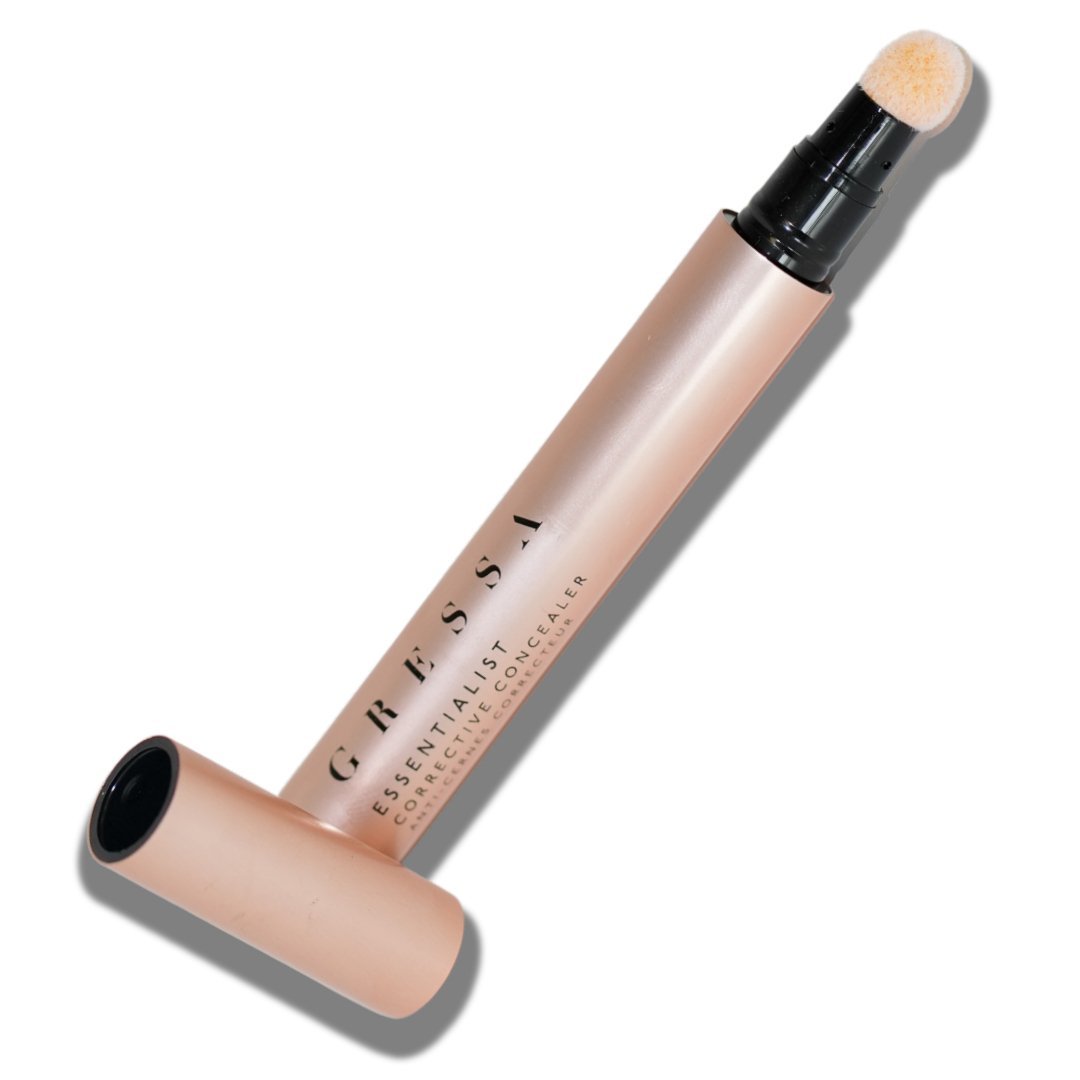
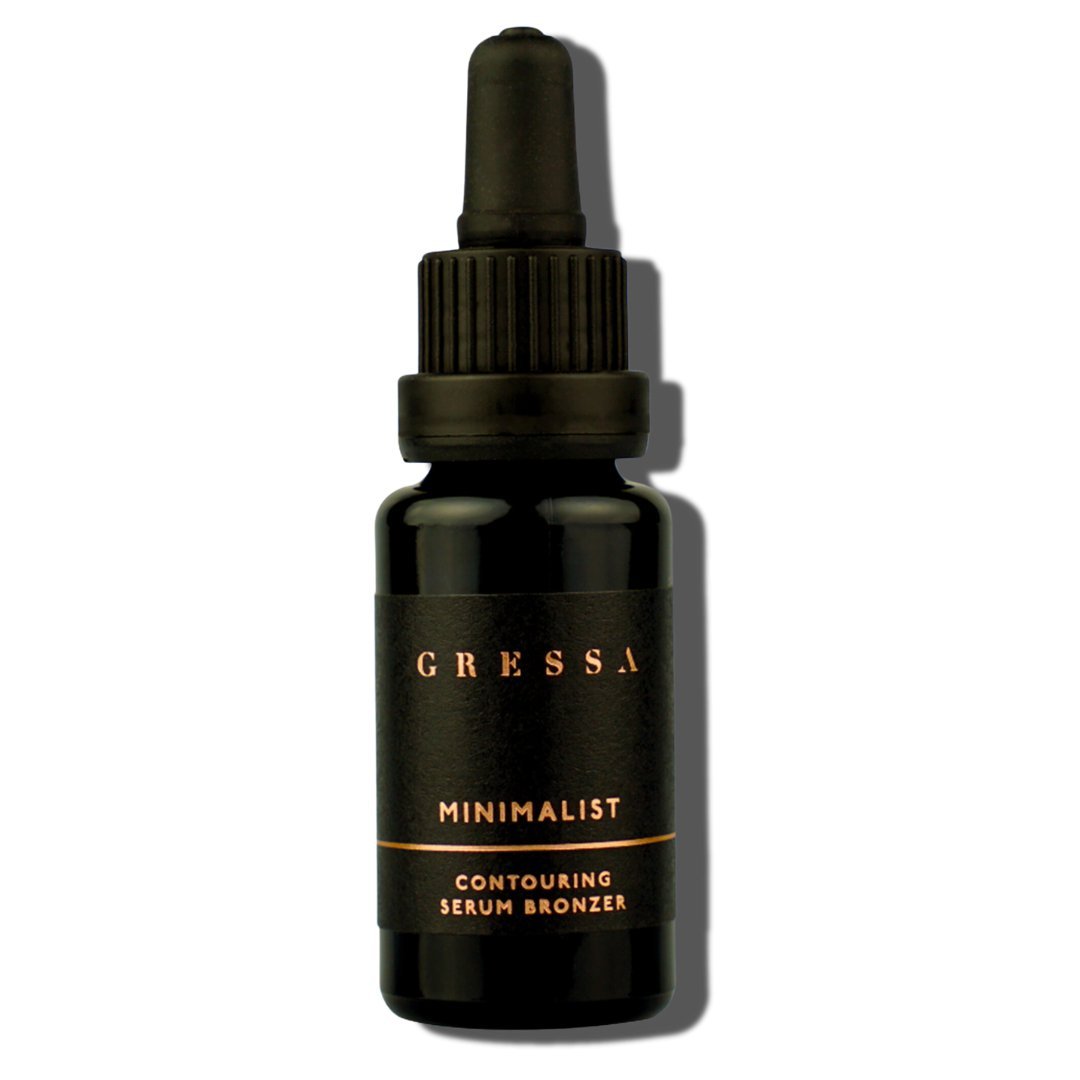
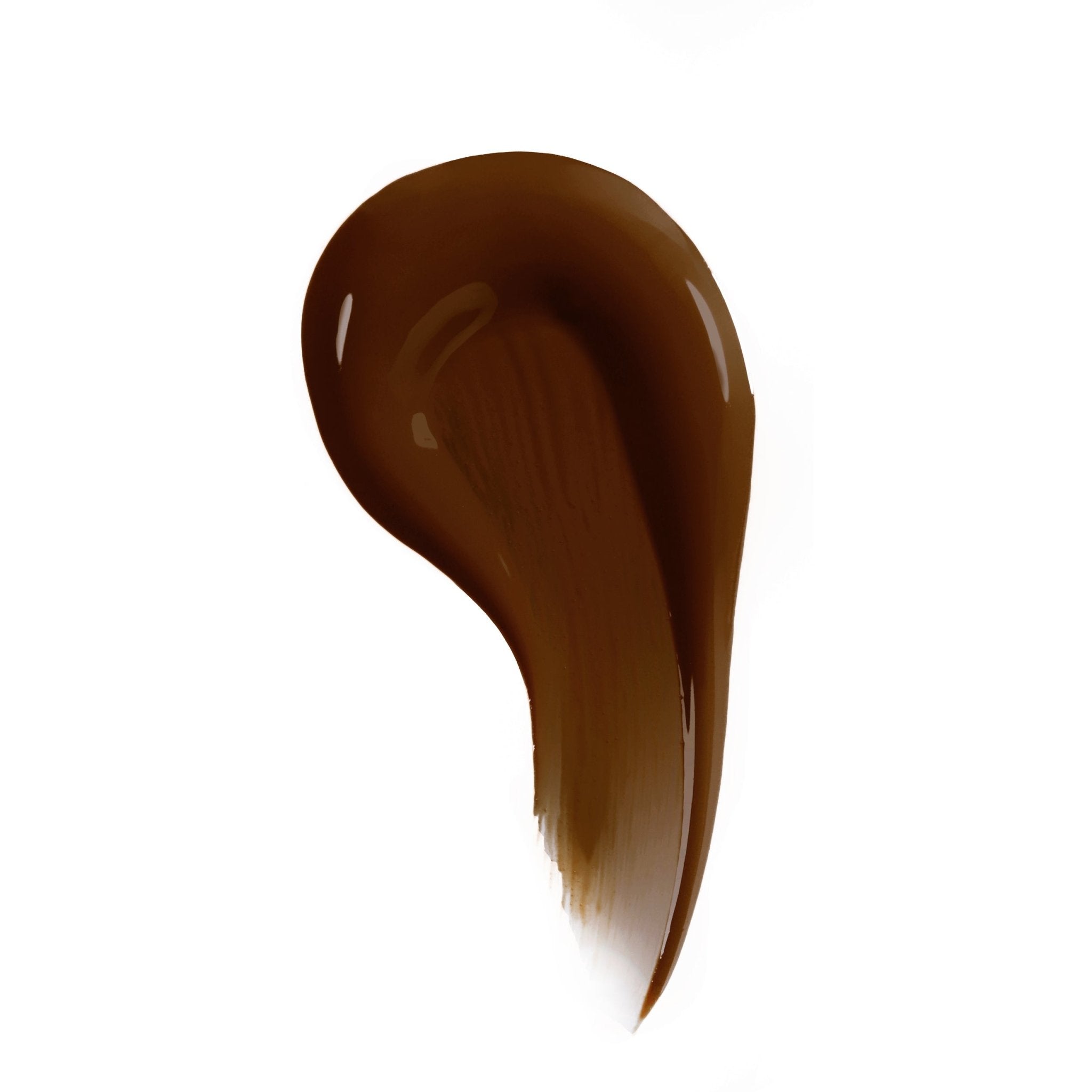
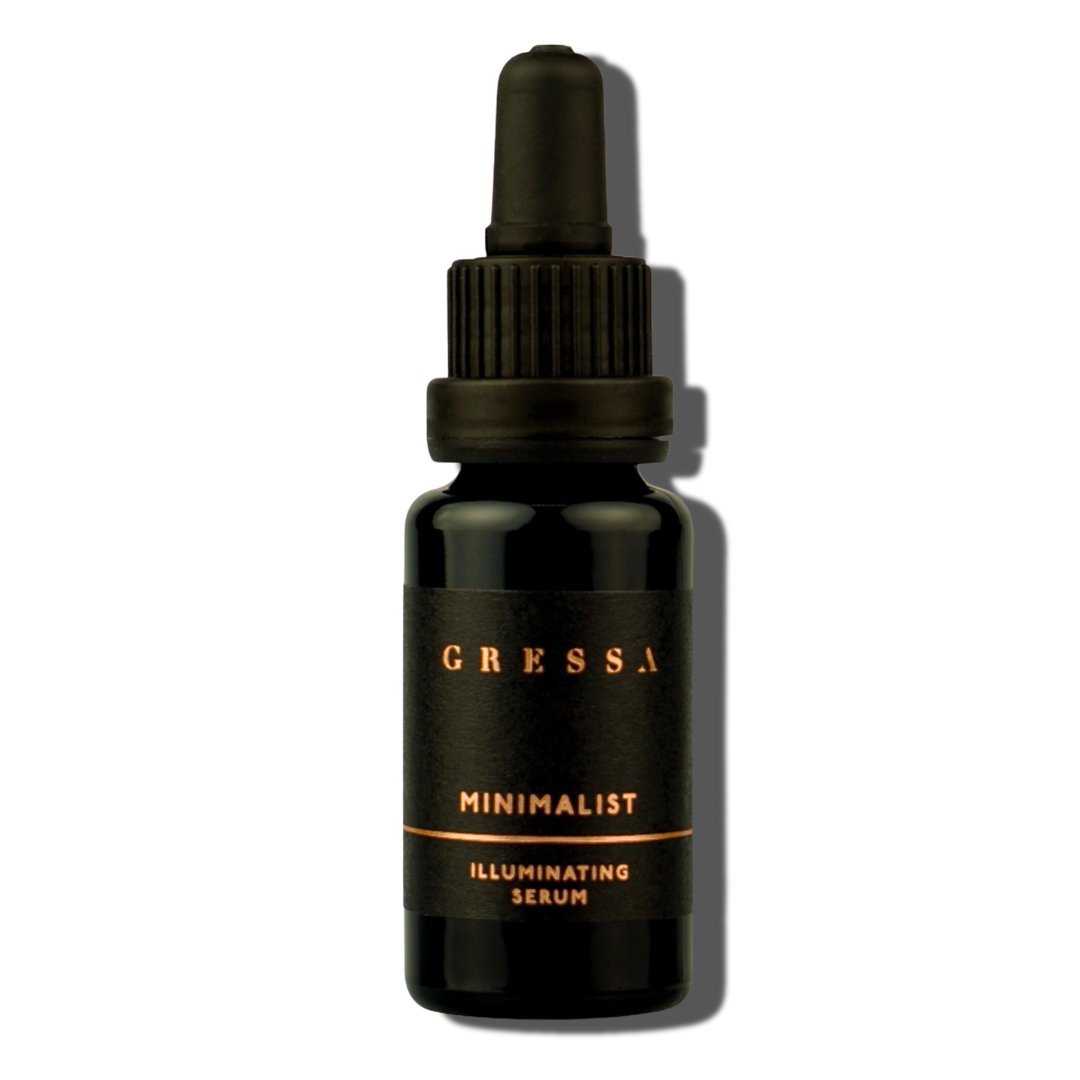
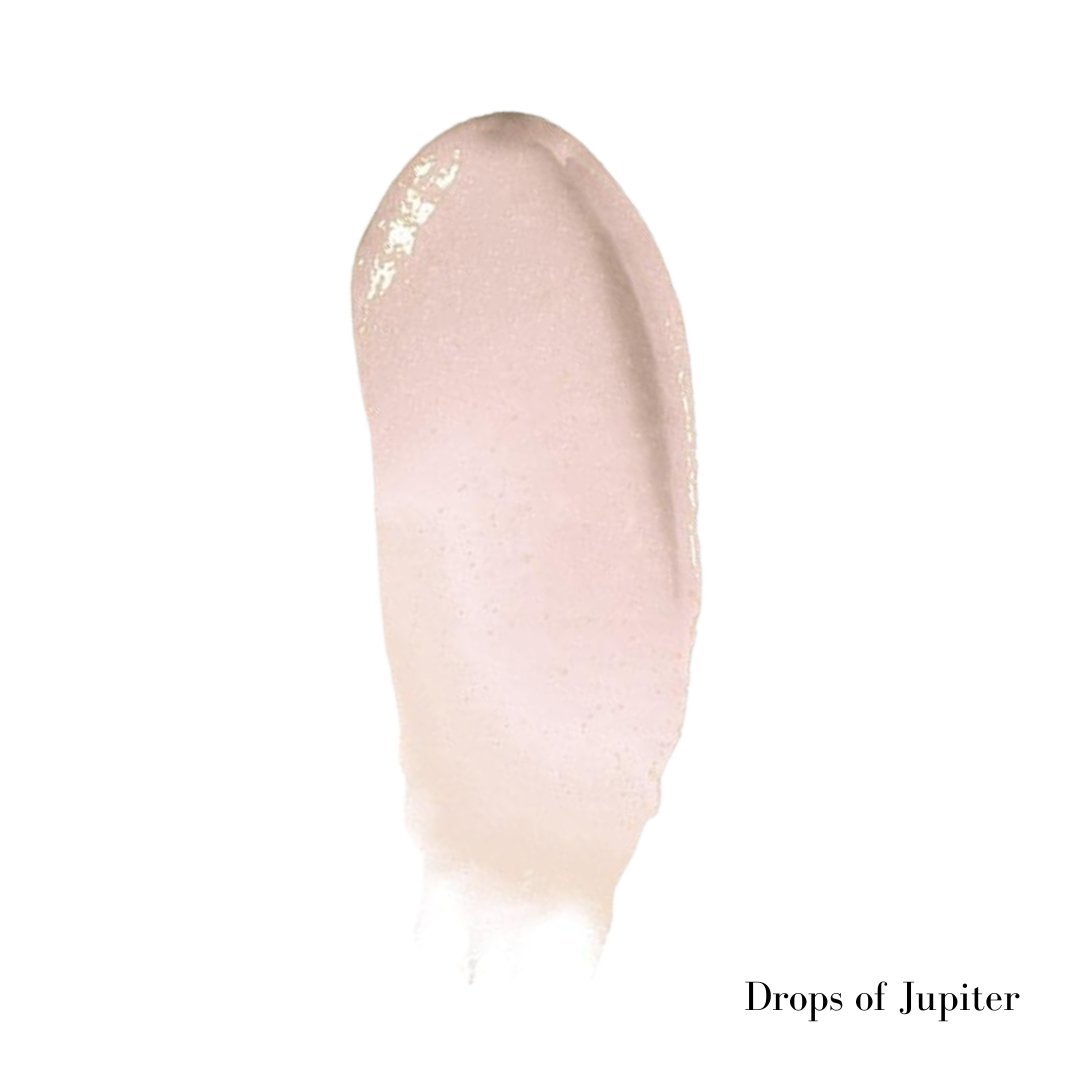
Laisser un commentaire
Ce site est protégé par hCaptcha, et la Politique de confidentialité et les Conditions de service de hCaptcha s’appliquent.